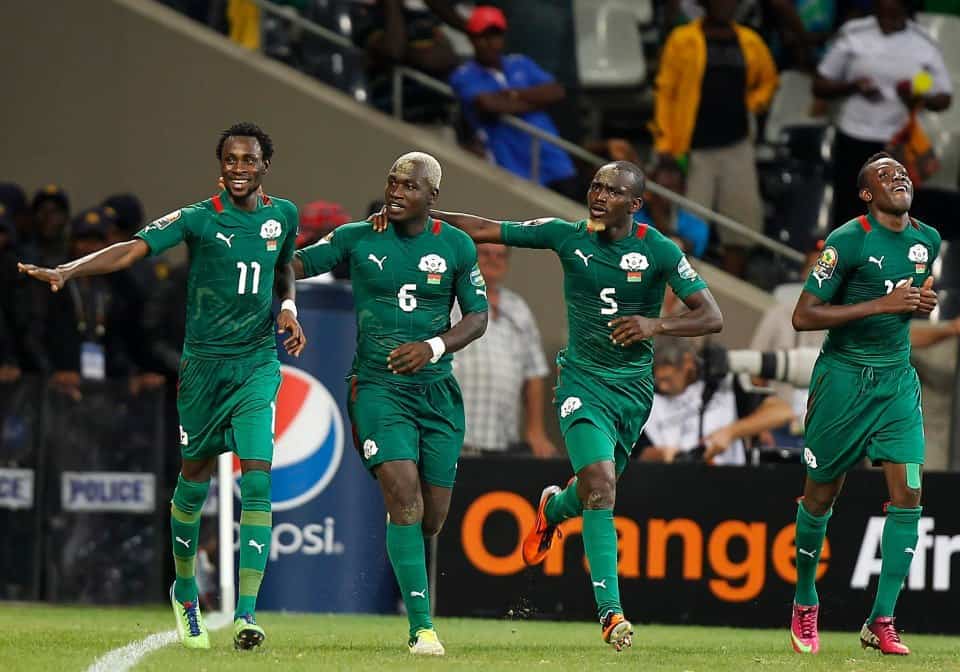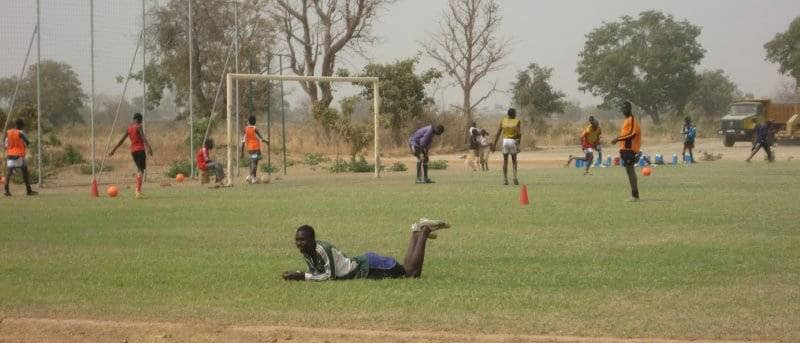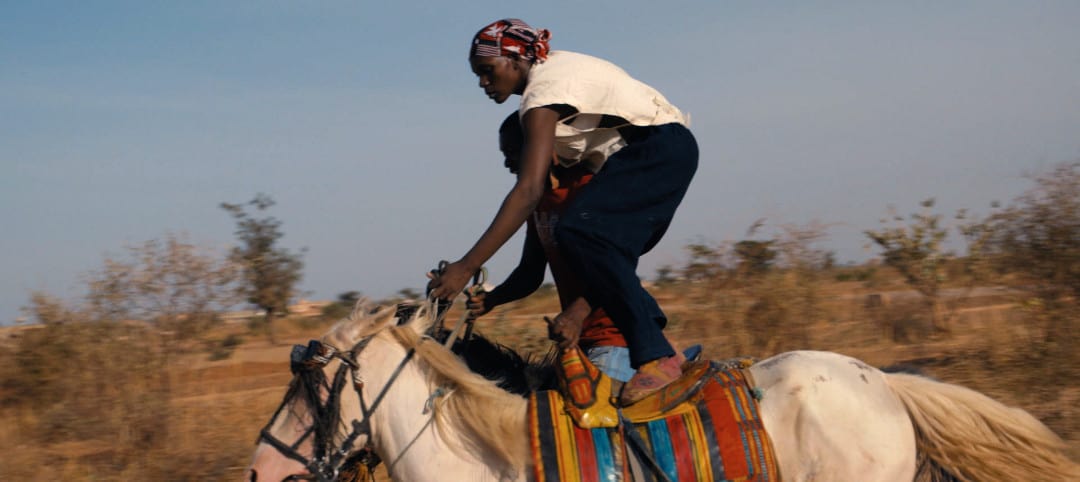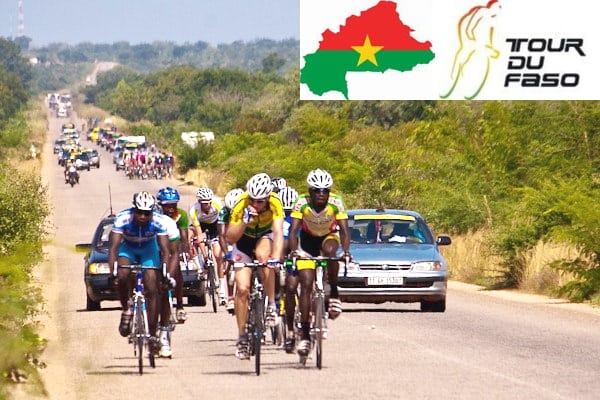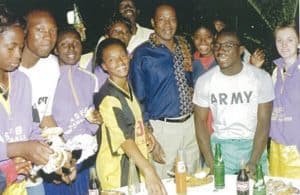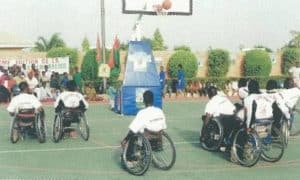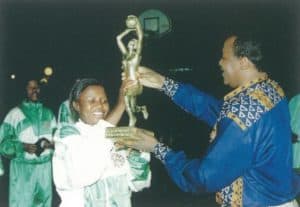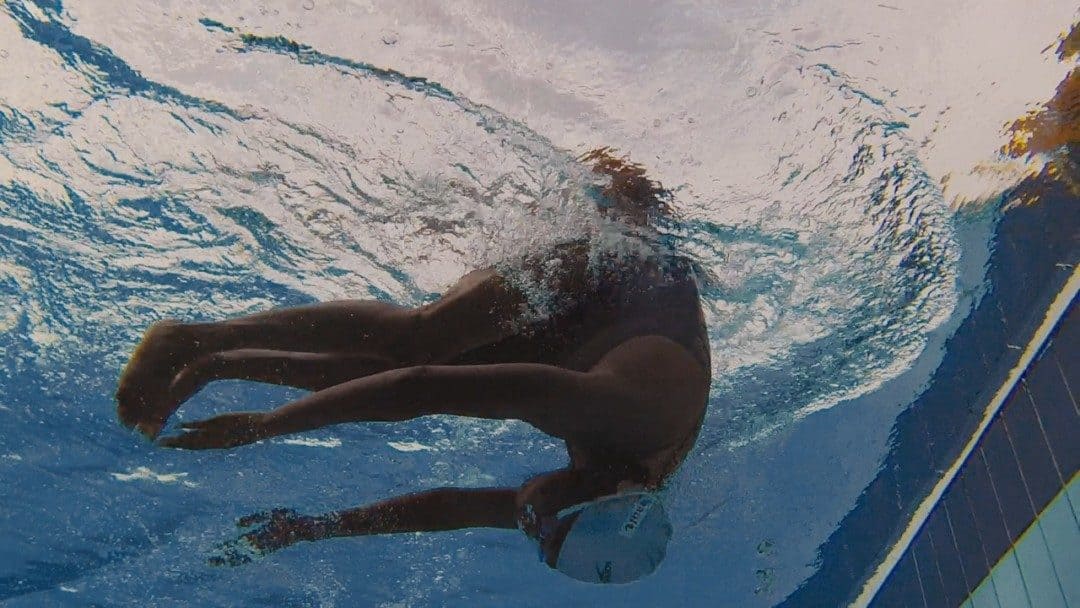Success in Sports
Burkina Faso spared no effort to feature among the leading African countries on the world sports scene. Indisputably the most popular sport, football brought international fame to the country thanks to the good results of its national team and to the many Burkinabè who played in major European leagues. Its version of the legendary multiple-stage bicycle race Tour de France, is also famous.
Football
Ranked 127th in the world by the FIFA among 130 countries in 1993, Burkinabè football made an impressive leap forward when it grabbed the 41st position in 2010. It even moved up to fourth place in Africa when the FIFA briefly ranked it 35th in 2017.
It must be said that the Burkinabè national team the Etalons (the Stallions) finished fourth in the Africa Cup of Nations (officially CAN) hosted by the country in 1998. President Compaoré devoted himself to the development of Burkinabè football as well as to the promotion of African football on an international scale. Consequently, he was awarded the Order of Merit by the Confederation of African Football in 2001. The Etalons achieved their best performances in the 2010s, reaching the CAN 2013 final against Nigeria then finishing in third place against Egypt in 2017.
Good infrastructure facilities are available in Burkina Faso to welcome the twelve first-division teams and the several dozen playing in second division leagues. The country’s four main stadiums in Ouagadougou and Bobo-Dioulasso host international competitions. The other stadiums are located in Banfora, Fada, Dédougou, Diébougou, Kaya, Koudougou, Léo, Ouahigouya, Yako, Tougan, Tenkodogo, and Ziniaré. Since the efforts made in the 1990s, today each village has at least one – sometimes quite basic – football pitch. Schools and universities also enjoy quality sports facilities.
Significant progress has been made as regards football since the 2000s. In 2003, Ouagadougou hosted the Junior Cup of African Nations where the Burkina Faso youth played against South Africa in the opening match. The Etalons Cadets (Youth) finished fourth after playing in two consecutive CAN Juniors finals in 1999 and 2001.
More and more professional Burkinabè players have careers in Europe and Asia, such as left-footed Bertrand Traoré with Chelsea and Charles Kaboré with the French Olympique de Marseille.
Why Are They Called the Etalons (Stallions)?
The Burkina Faso players are called the Etalons in reference to the country’s famous legend of Princess Yennenga. As she tried to escape her destiny, the warrior princess met hunter of royal descent Rialé in modern-day Burkina Faso. Together they had a boy, named Ouédraogo (“male horse” or “stallion”) after the white stallion which led the princess to the young hunter, and ultimately to the new empire arisen from their encounter. This legendary stallion is depicted on the coats of arms as the country’s national emblem.
In the field of sports, male Burkinabè athletes are nicknamed “the stallions.” Two football clubs also bear the name of the Princess: the ASFA Yennenga in Ouagadougou and the women’s team Princesses du Burkina.
Since 2002, Princess Yennenga has been the emblem of the National Assembly.
The Tour du Faso Bicycle Race
This Burkina Faso bicycle race is the most famous in Africa. It features on the International Cycling Union (UCI) schedule and is followed by viewers across the globe. Most participants hail from African countries, but a number of teams also come from Asia and Europe – notable Belgium, France, Germany, the Netherlands and Spain. This great race is a festive and very popular event.
Despite being half the length of the Tour de France, it is the longest cycling race in Africa along with the Tour du Maroc (Morocco Bicycle Race). It takes place over 9 days across more than 1,300 km of east-to-west territory, with a few runs north and south.
This event has been in existence for a long time in Burkina Faso. Already in 1959, on the eve of the independence, a bicycle race was organized in which twice winner of the Tour de France Fausto Coppi competed. But the unfortunate Italian cyclist only finished second in Ouagadougou. Since then, cycling competitions have continued to be held in Ouagadougou. When the Upper-Volta was renamed Burkina Faso during the Revolution, a team of young Soviet cyclists were invited by President Thomas Sankara to take part in the first Tour du Faso bicycle race. Igor Luchinko was the event’s first winner in 1987.
But during its first ten years of existence, the Tour du Faso was not sufficiently renowned to attract major international cyclists and become economically viable. In 2000, President Blaise Compaoré invited the then Tour de France director Jean-Marie Leblanc to attend the Tour du Faso. Impressed, the latter signed a partnership agreement which turned the Tour du Faso into a major cycling event broadcast in 49 countries on mainstream channels like Eurosport and Canal +, notably thanks to 5-times Tour de France winner Bernard Hinault.
The State of Burkina Faso has been organizing the race since 2008. Of the 29 editions held to this day, the Tour du Faso was won 14 times by a Burkinabè contender – 8 times between 1987 and 1997 when the Tour was less open to the world. The Tour du Faso was cancelled only once, in 2014, for security reasons due to the Ebola outbreak in some West African countries.
Basketball, Handball and Volleyball
As regards hand ball games, the Wildlife Park Tournament in Ziniaré – officially launched by the President of Burkina Faso in 1999 – became an important event for basketball, handball, and volleyball aficionados in 2005. Satisfactory facilities built by the State and the municipalities for these sports throughout the country are accessible to all. These efforts brought the African Handball Confederation (CAHB) to present the President of Burkina Faso with the Collier d’Or (gold necklace) award in 2012. The President also received the Collier d’Ordre la grande-croix (Grand Cross with Collar of the Order) from the International Volleyball Federation and the Collier d’Or from the African Volleyball Confederation in 2011.
Other Sports
Burkina Faso took part in the Summer Olympic Games 8 times since 1972. For the 2016 Olympic Games held in Rio de Janeiro, Burkina Faso was represented by two athletes: Burkinabè Hugues Fabrice Zango specialized in the triple jump, silver medalist at the 2015 World University Games in Gwungu, China, silver medalist at the 2016 African Senior Championships in Durban, and gold medalist at the 2016 African University Championships held in Johannesburg; Burkina Faso was also represented by heptathlon athlete Marthe Koala, winner of the 2014 African Championships in Marrakech, bronze medalist at the 2015 African Games in Brazzaville, and double silver medalist at the 2016 African Championships held in Durban.
Sports such as tennis and swimming are not as prominent; their infrastructures are mostly built and maintained by private companies, some major State-owned enterprises, and large hotels.
